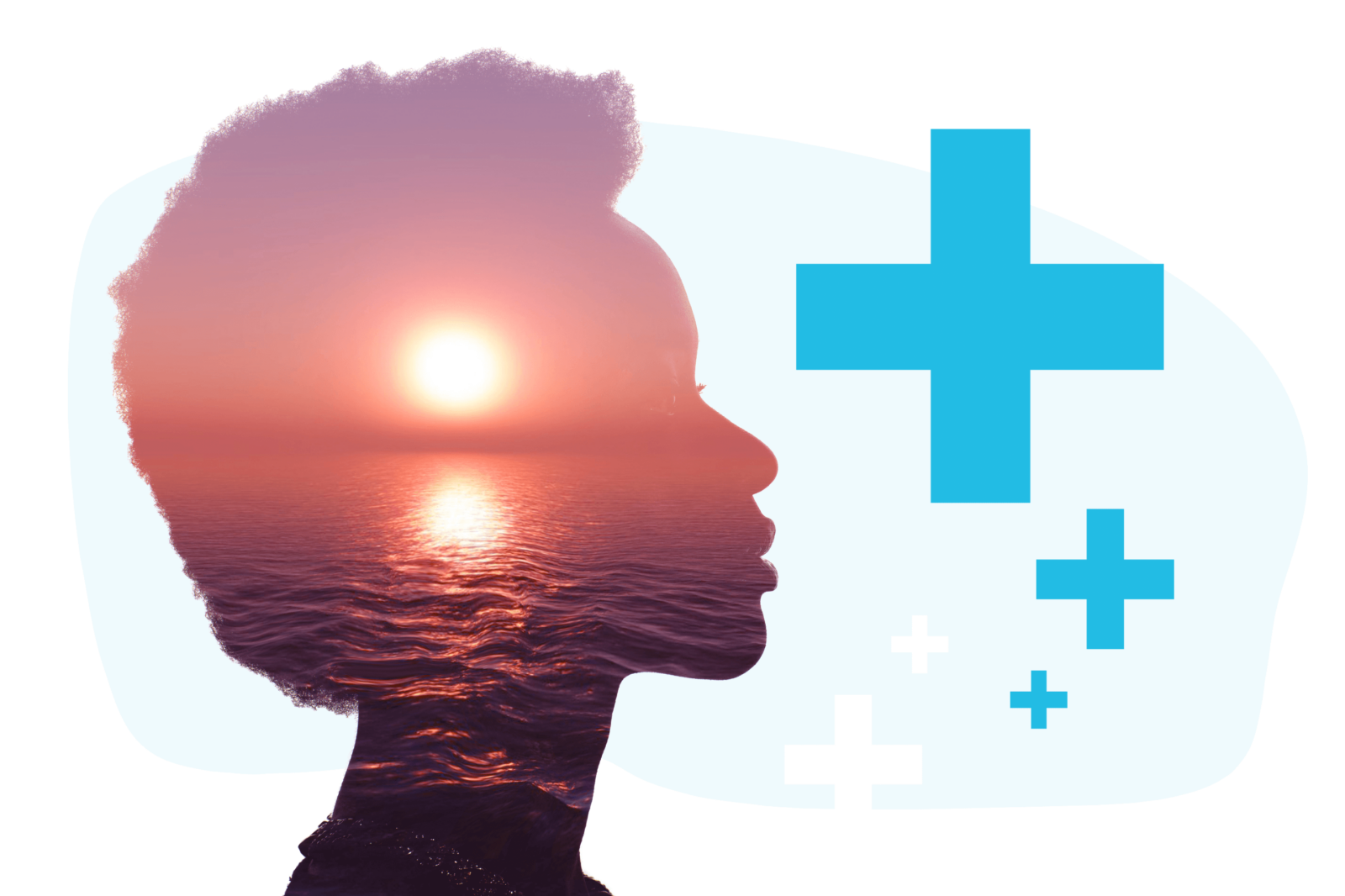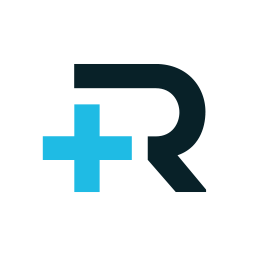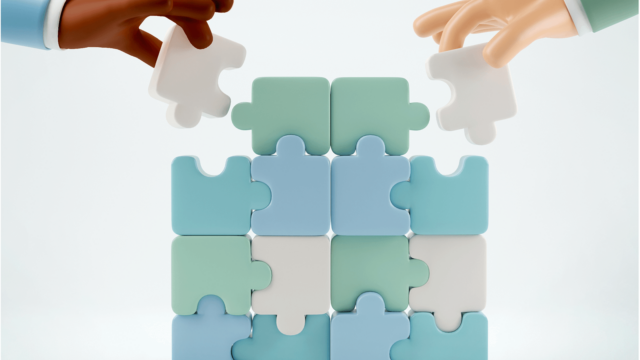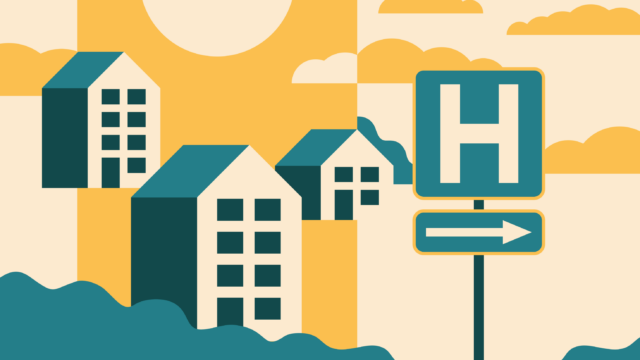Mental Health Literacy: The Impact of Community-Based Work

In honor of Mental Health Awareness Month, we wanted to highlight the importance of building mental health literacy, not just with members, but within the healthcare community to better serve those that need support.
Like health literacy, mental health literacy can be a major barrier to better care. By dedicating time to learn and break down stigma around mental health and mental illness, we can be better equipped with language and resources to get members the care they need to live their healthiest lives.
What is mental health literacy?
Mental health literacy refers to the knowledge and beliefs people have about mental health conditions, which helps in their recognition, management, or prevention. Within a health care context, mental health literacy plays a critical role in creating a shared framework and vocabulary, not only amongst care providers, but for patients and their loved ones as well.

What is the difference between mental health and mental illness?
Within this framework, it’s important to unpack a few familiar terms: mental health, mental health problems, and mental health disorders.
Mental health
- Mental health is the maintenance of successful mental ability, through things such as daily activities, fulfilling relationships, and an ability to cope with change and stress.
- Mental health does not assume that a person is perpetually content and untroubled.
- In fact, coping with everyday worries and other short-term stressors helps people to become more adaptable and resilient, ultimately supporting long-term mental health.
Mental health problems
- There are significant life events that everyone experiences, such as a death in the family, or divorce, that can cause intense emotions and last for a long time, which is referred to as a mental health problem.
- A person experiencing a mental health problem often needs support from loved ones, community members, or a counselor.
Mental health disorders or mental illness
- While everyone experiences everyday stressors and significant life events that may cause short-term mental distress or a mental health problem, a smaller portion of the population has what would be considered a mental health disorder, also known as mental illness.
- A mental health disorder is when there is a disruption in normal brain functioning that requires evidence-based treatment by trained professionals.

Why does mental health literacy matter?
There are a lot of misperceptions and misunderstandings about mental health and mental illness that can lead members to feel embarrassed or reluctant to share if they are struggling. This can lead them to feel isolated during an already difficult time, making it more challenging to find relevant resources and support.
By providing a shared framework and vocabulary, mental health literacy helps empower members to understand their own experiences and what resources are available to them, and it also helps care providers to accurately identify and meet members’ mental health needs.
Mental health literacy alleviates the stigma around mental health by helping members and care providers to rewrite the narratives around mental health. For example, a member who is a new mother experiencing postpartum depression may believe that she is struggling because she is “not trying hard enough,” and not realize that what she is experiencing is common and treatable. This is why mental health literacy is so important.

How does Reema support mental health literacy?
Using a community-based model of health care, Reema sees high mental health literacy as a resource to be cultivated and shared by providers, partners, Community Guides, and members. Reema’s person-first approach combined with its use of technology to reach members facilitates a shared vocabulary and understanding of what mental health literacy is.
Using a community-based model of health care, Reema sees high mental health literacy as a resource to be cultivated and shared by providers, partners, Community Guides, and members.
At the center of Reema’s person-first approach is personalized outreach to members through our Community Guides who are from the same communities as the members we serve.This sense of shared experience and identity helps Community Guides to establish a sense of trust with members through face-to-face interactions. In this setting, members are more likely to feel comfortable sharing about their mental health. Because Reema’s Community Guides have a high level of mental health literacy, they are able to share their knowledge with members, help alleviate misconceptions around these topics, and direct members to the appropriate resources where they can learn more and seek support.
Reema’s tech complements the strengths of our Community Guides by drawing upon in-house data models to make real-time scheduling decisions and suggest next steps based on member preferences, clinical and social needs, and what’s worked well in the past. In addition to face-to-face interactions, Reema’s technology allows Community Guides to text with members, which facilitates meaningful relationship and trust-building.
At Reema, we foster a community of care bolstered by insights from tech in order to empower members to access the support they need.
Features such as the Member Need Detection and Notification feature uses interaction patterns and Natural Language Processing (NLP) to detect when a member is experiencing a need that a Guide hasn’t reported yet. For example, this can serve as a crucial tool in determining whether a member might be experiencing a short-term stressor, a mental health problem, or needs support with managing a mental illness, allowing Community Guides autonomy to work with the member to navigate the situation they are experiencing.
An important realization that comes with building mental health literacy is that people who are struggling to manage mental health problems or mental illness are not alone, and that resources and help are out there.



